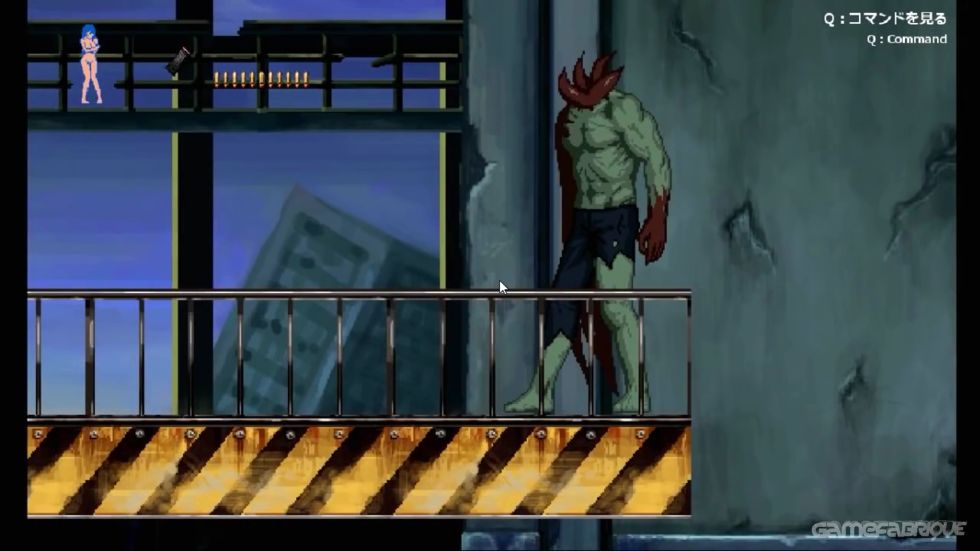

As their entanglement is spun out of a web of deceit, the lowly family find themselves skating on thin ice when it comes to keeping up appearances. The film follows a lower-class South Korean family as they slowly integrate themselves in the lives of an upper-class family and their lavish household. That's not to say that Us is an ineffective film by any means, but when it comes to crafting weighty social commentaries under the guise of lighter fare, writer-director Bong Joon-ho is in a class of his own. To read the full profile, purchase Issue Four or SUBSCRIBE to never miss an issue.As a film about a family imposing on another, and keeping dark secrets hidden beneath the surface, Parasite achieves what Jordan Peele set out to do with Us: tell a multi-layered story in a widely entertaining manner, but without sacrificing the believability of its central narrative. From this basis, Zero appropriates from the media, creating trompe l’oeil painted surfaces that not only resemble collage, but also resign to the conceptual underpinnings of collage. Much like a brand, Zero interrogates the anonymity of the subject, the value of deception, where information is ubiquitous, and schizophrenia combines with anxiety to construct a benchmark for the here and now. Even if read as a name, Zero as a moniker would nonetheless signify a vacuum, an indecipherable title with no discernable gender, politics, ethnicity, or socio-economic standing. De Lange says, “Asha is one of my closest friends…Although Asha and I enjoy playing Dada-esque identity games like that, I see myself more like Asha’s Greenberg to my Pollock.” What is in a name, other than signifying cancellation? Asha Zero’s paintings are testaments to this question. The profile was written by South African writer Shane De Lange, who has written extensively about the artist/phenomenon over the years.

Kolaj Magazine presented a discussion of work by South African artist Asha Zero in Issue Four.


 0 kommentar(er)
0 kommentar(er)
